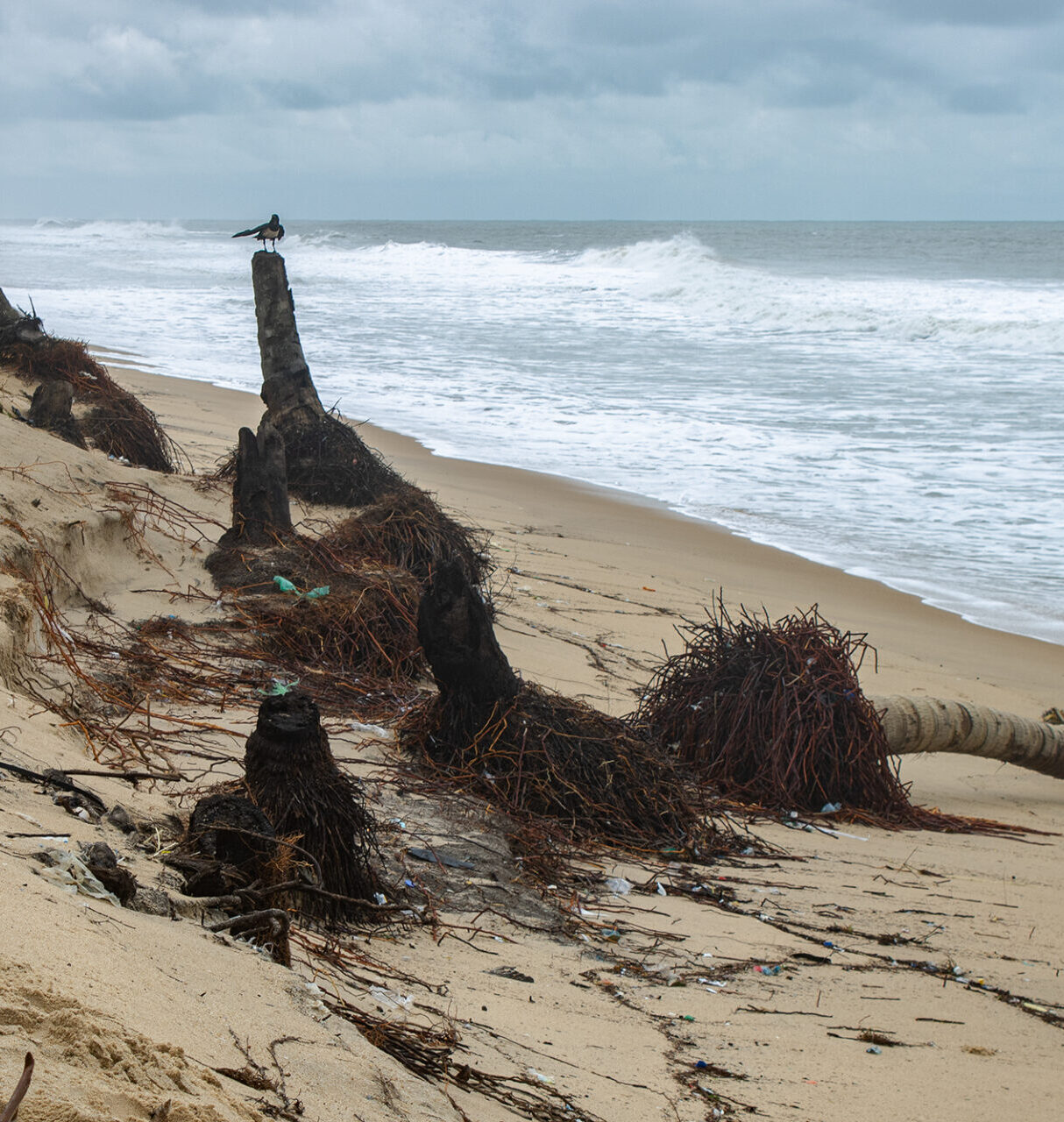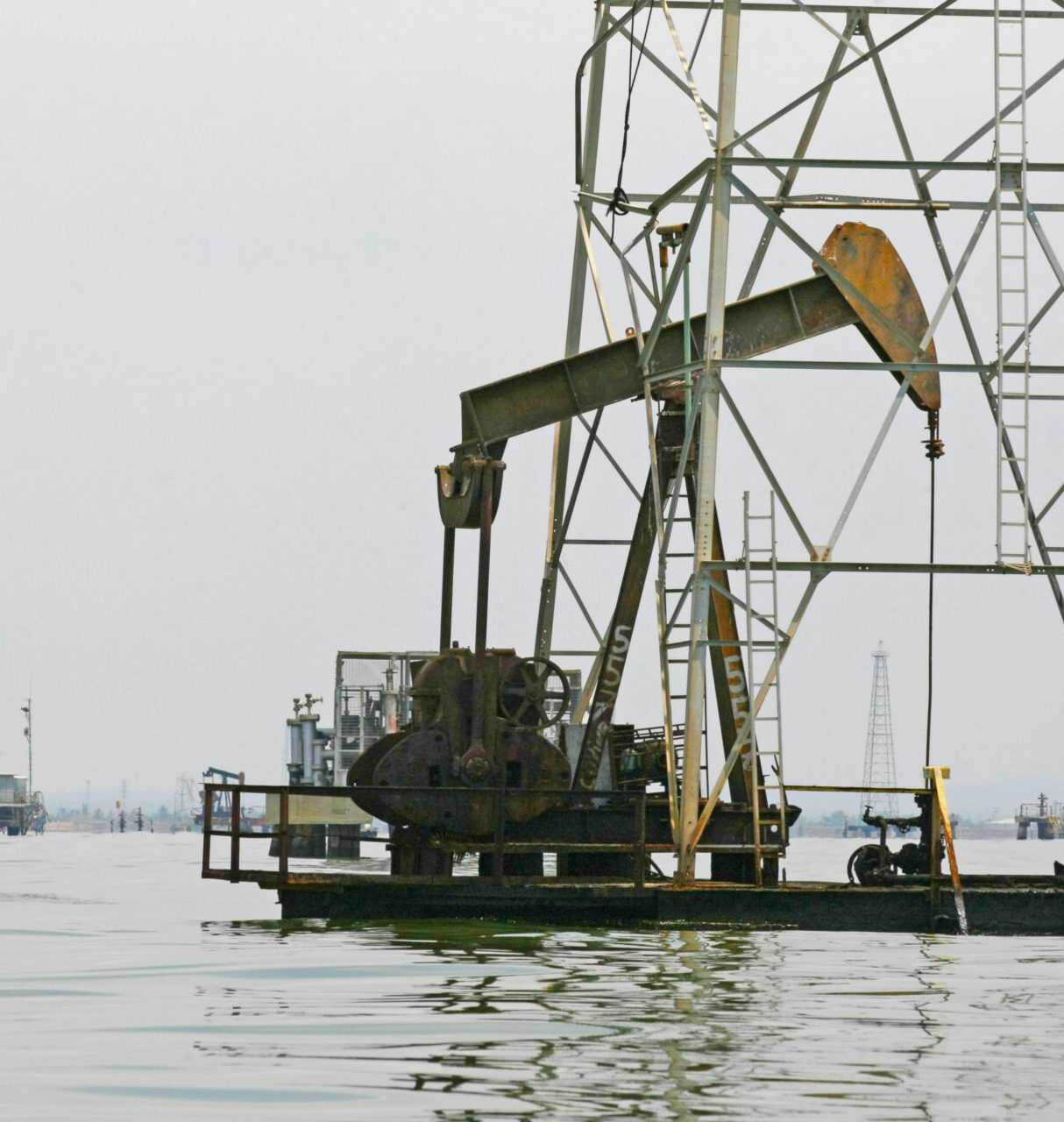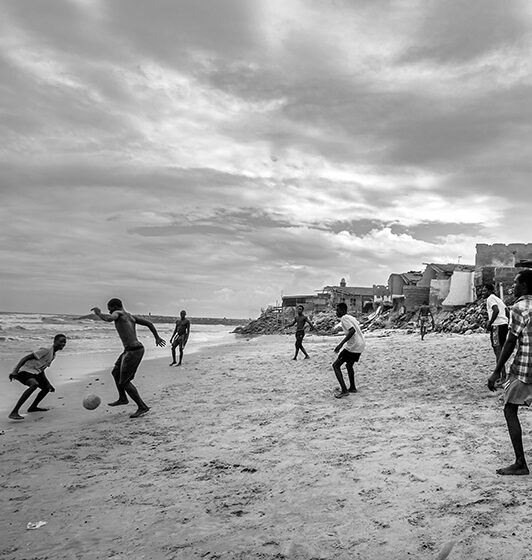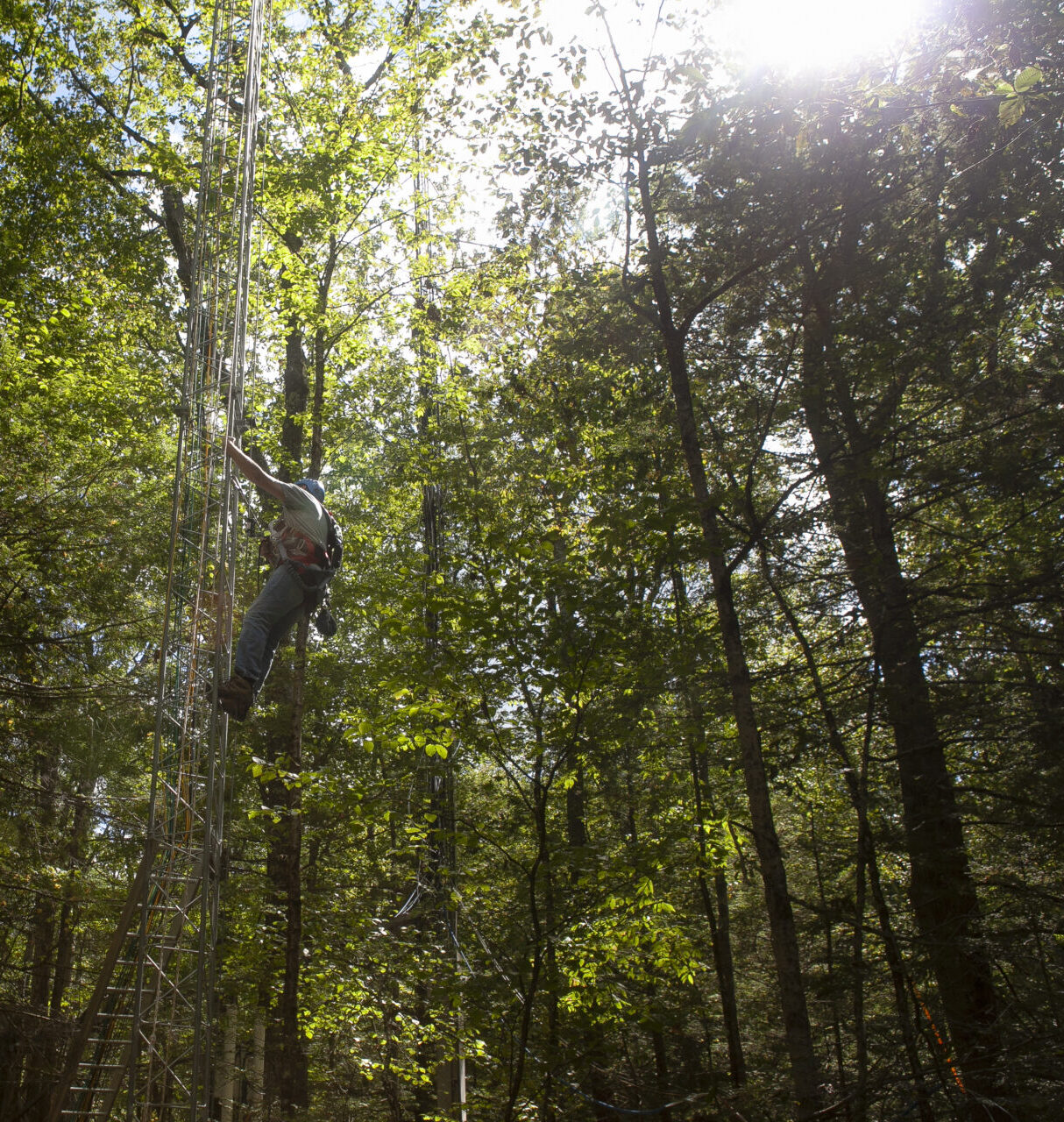SES 5409
Climate Justice
The class will argue for the necessity of studying theories of justice, inequality, and structural violence along with climate science, policy, and international diplomacy. In our search for climate justice, the class will trace various forms of climate activism within the history of environmental movements, explore non-Western forms of knowledge as key critiques and logics of action, and evaluate concrete suggestions for radical reform. We will discuss how climate justice as a framework of concern is both universal and specific, and we will critically engage ideas of justice at different scales, from the local to the global, with careful attention to context. We will ultimately ask what new kinds of practices, knowledges, and collaborations are necessary to build more just and responsible relationships between people and the nonhuman world, and with each other.









